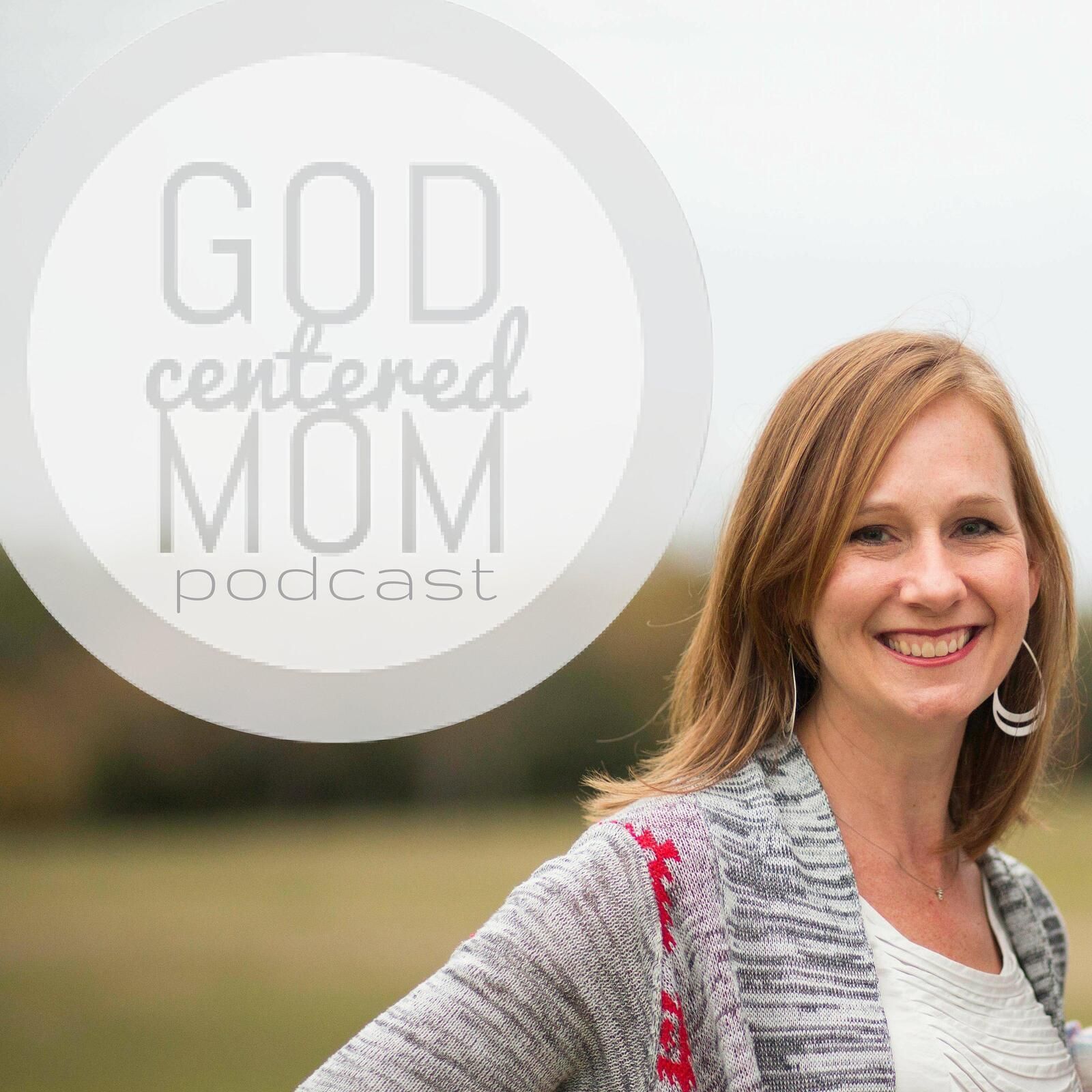- Kids & Family
- Parenting
- SEE MORE
- classical
- general
- talk
- News
- Family
- Bürgerfunk
- pop
- Islam
- soul
- jazz
- Comedy
- humor
- wissenschaft
- opera
- baroque
- gesellschaft
- theater
- Local
- alternative
- electro
- rock
- rap
- lifestyle
- Music
- como
- RNE
- ballads
- greek
- Buddhism
- deportes
- christian
- Technology
- piano
- djs
- Dance
- dutch
- flamenco
- social
- hope
- christian rock
- academia
- afrique
- Business
- musique
- ελληνική-μουσική
- religion
- World radio
- Zarzuela
- travel
- World
- NFL
- media
- Art
- public
- Sports
- Gospel
- st.
- baptist
- Leisure
- Kids & Family
- musical
- club
- Culture
- Health & Fitness
- True Crime
- Fiction
- children
- Society & Culture
- TV & Film
- gold
- kunst
- música
- gay
- Natural
- a
- francais
- bach
- economics
- kultur
- evangelical
- tech
- Opinion
- Government
- gaming
- College
- technik
- History
- Jesus
- Health
- movies
- radio
- services
- Church
- podcast
- Education
- international
- Transportation
- Other
- kids
- podcasts
- philadelphia
- Noticias
- love
- sport
- Salud
- film
- and
- 4chan
- Disco
- Stories
- fashion
- Arts
- interviews
- hardstyle
- entertainment
- humour
- medieval
- literature
- alma
- Cultura
- video
- TV
- Science
- en
Bonus Mentor Episode--Sibling Conflict :: Jim & Lynn Jackson

b'
\\u201cThey just keep fighting!\\u201d
\\nSummer, for us, means lots of unstructured time together as a family. Which is great. . . until it\\u2019s not.
\\nPerhaps you can identify. Maybe you see yourself in one of the following situations:
\\nSituation #1 \\u2013\\xa0The kids are fighting \\u2013 again! The harder you try to make it stop, the worse it seems to get \\u2013 and the kids seem more and more resentful.
\\nSituation #2 \\u2013\\xa0One minute they love each other and the next minute they\\u2019re arch enemies. The older they get the louder and angrier it gets. You hate the way this affects everyone\\u2019s mood, including your own.
\\nSituation #3 \\u2013\\xa0Time-outs, required apologies, and firmness temporarily curb the fighting, but it soon comes back with more intensity.
\\n Situation #4 \\u2013\\xa0Your young kids are beginning their rivalry and you worry where it\\u2019s heading if you don\\u2019t learn some better strategies. \\xa0(copied from\\xa0Sibling Conflict Online Course\\xa0description).Jim & Lynne Jackson from\\xa0ConnectedFamilies.org\\xa0are back to equip us in training our children to solve conflict well. And instead of just wishing they would \\u201cjust stop fighting\\u201d, to recognize the gospel work of guiding our family to reconciliation.
\\nJim & Lynne have been on the show before sharing their fabulous 4-layer framework for discipline that connects (Listen here to\\xa0Episode 80\\xa0&\\xa081). And again helping connect in any situation (Ep 98). And recently helping us work with our kids on all of our entitlement issues (Ep 200)
\\nToday, they are talking us through\\xa0The Peace Process.\\xa0A simple but effective way to guide our kids to a lifetime of reconciled relationships. Here\\u2019s their great graphic with the\\xa0four steps moving us from \\u201ccrazy mountain\\u201d to peaceful reconciliation (Click here to print your own copy):
\\n- \\xa0
- \\xa0
- \\xa0
- \\xa0
- \\xa0
\\xa0
\\nConflict is inevitable. Instead of just getting frustrated and annoyed, I\\u2019ve found having a plan to reconnect hearts and train empathy so helpful. I also loved all the phrases Jim & Lynne modeled to use as we guide our children through the process. Here are some of my favorites (I\\u2019ll be bookmarking this page and referring to often):
\\n- \\u201cSounds like y\\u2019all are having a hard time. Do you need my help or are you able to work it out on your own?\\u201d
- \\u201cSolving brains won\\u2019t work until we\\u2019re calm. Why don\\u2019t we each find a comfortable place. How long do you need? 5 min? 10 min? Then we\\u2019ll come back together to work this out.\\u201d
- \\u201cDid you hear that? How does she feel? Do you like that what you did made her feel that way? You two are listening to each other. How does that feel?\\u201d
- \\u201cYour big feelings are a gift. And they are an even greater gift with you can use them to help understand other\\u2019s big feelings.\\u201d
- \\u201cWhat\\u2019s going on? What was important to each person? How have you solved this problem before? Would you like to think of ways to solve the problem or do you want me to help give you choices on how to solve it?\\u201d
- \\u201cAre there four things you could say that are kind and true about that person?\\u201d
Lastly, if you need more help learning how to guide your kiddos through the peace process, check out Jim & Lynne\\u2019s new\\xa0SIBLING CONFLICT ONLINE COURSE.\\xa0I\\u2019ll be working through it this summer. Join me!\\xa0\\xa0
\\n What we chat about:- Considering your own baggage/sibling situation as you rush into your kids\\u2019 conflict.
- Are we trying to get conflict to stop or teach reconciliation?
- The four steps to \\u201cThe Peace Process\\u201d.\\xa0
- A real life example of applying peace process.
- How training in reconciliation helps our kids in their future marriages and relationships.
- Helping our kids learn how to solve the problem of the conflict (a 3-step process).
- A scenario of a more empathetic child in conflict with a more strong-willed child\\u2013growing specific skills in kids.
- Addressing the differences in your kids outside of conflict.
- Help for the mom who has a child with special needs in the sibling mix.
- Connecting with others based not on experience but emotion.
- Tips for conflicts that happen right before you have to leave the house.